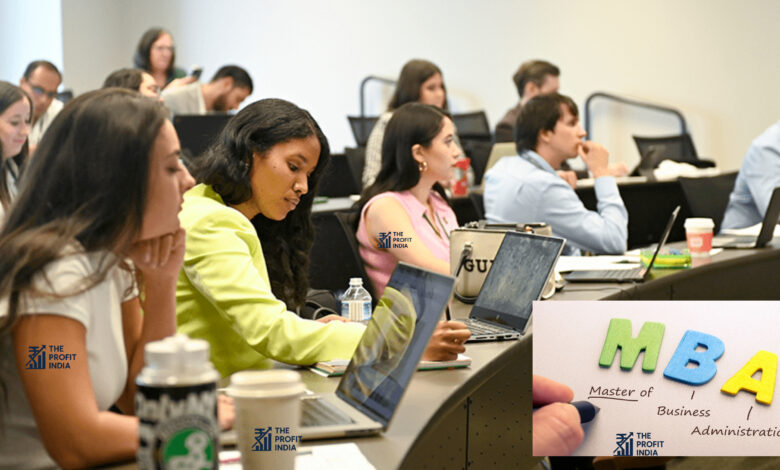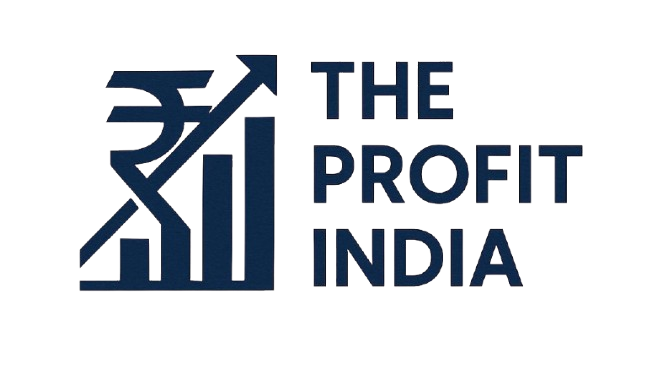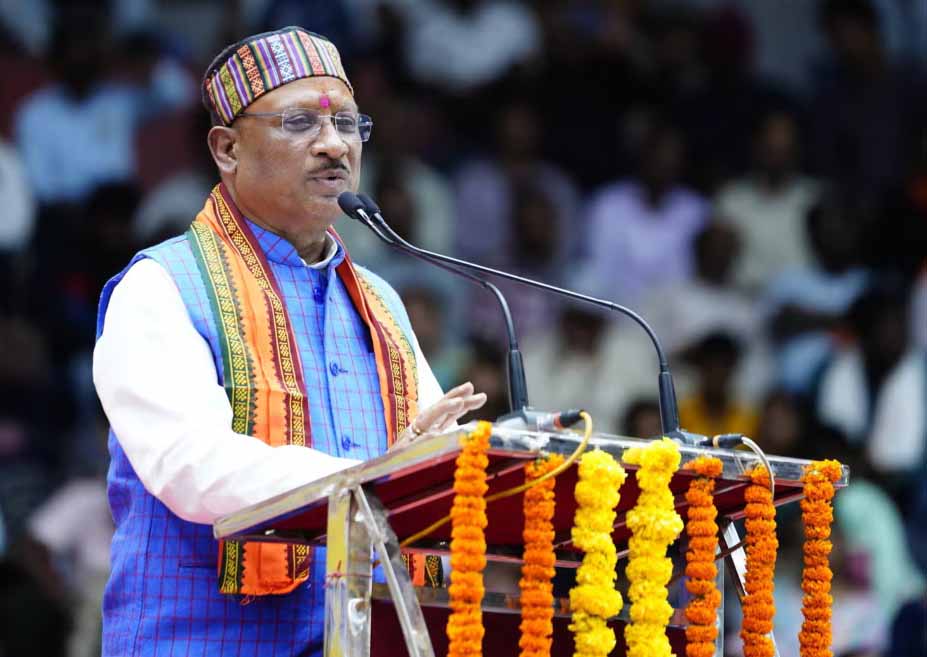Why India’s ₹25 Lakh MBA Fees Don’t Guarantee a ₹20 Lakh Salary, 9 Points
3 Lakh MBA Graduates Annually | Only 30% Land High-Paying Jobs

Why Despite High MBA Fees, Most Graduates Don’t Land High-Salaried Jobs – The True Financial Outlook
1. High MBA Fees: Is It Really Worth the Investment?
-
Average MBA Fees in India:
The cost of an MBA degree in India varies significantly based on the institution. On average, MBA fees range from ₹5 lakh to ₹25 lakh per year. -
Top Institutes:
At IIMs and top B-schools like ISB, fees can cross ₹20 lakh-₹25 lakh for a two-year program. -
Return on Investment (ROI):
Despite the high cost, many graduates struggle to recover the cost within the first 3–5 years of their career, as starting salaries often don’t meet expectations.
2. How Many MBA Graduates Are Produced in India Every Year?
-
Total MBA Graduates in India (Annually):
According to AICTE data, over 3 lakh MBA graduates are produced in India every year. -
Percentage with Decent Jobs:
Only around 20%–30% of MBA graduates secure jobs that match their investment (i.e., high-paying and industry-relevant).
3. Job Trends and Placements Over the Last 3 Decades
-
Growth of MBA Programs:
Since the 1990s, the number of MBA programs has increased by over 300% in India. -
Job Placement in Early 2000s vs 2020s:
-
2000s: High demand for MBAs in traditional sectors (banking, finance).
-
2020s: Jobs in newer fields like tech consulting, data analytics, and marketing have grown but are still limited compared to the number of graduates.
-
-
Table: Distribution of Jobs Across Industries (2010-2023)
| Industry | 2010 (%) | 2020 (%) | 2023 (%) |
|---|---|---|---|
| Banking & Finance | 30 | 20 | 15 |
| Consulting | 25 | 18 | 12 |
| Tech & Startups | 10 | 20 | 30 |
| Marketing & Sales | 15 | 12 | 18 |
| Other (NGO, Govt.) | 20 | 30 | 25 |
-
Key Insight:
While tech and startups have grown as potential employers, overall hiring rates have not kept pace with the surge in MBA graduates.
4. Why Aren’t Most MBA Graduates Getting High-Salaried Jobs?
-
Skills Gap vs. Industry Needs:
Many MBA programs focus heavily on theory rather than practical, industry-specific skills. -
Overcrowded Market:
With millions of MBA graduates entering the job market each year, employers can afford to be highly selective, making it harder for graduates to land top jobs. -
Lack of Networking & Brand Power:
Graduates from less prestigious institutions struggle to network effectively or gain access to top-tier job opportunities.
5. Is MBA Worth Pursuing?
-
Pros:
-
Provides broad business knowledge.
-
Networking opportunities in top B-schools.
-
Entry to leadership roles in certain sectors (like banking, consulting).
-
-
Cons:
-
Expensive with uncertain returns.
-
Rising competition and limited high-paying opportunities.
-
-
Alternative Career Options:
-
Tech certifications (AI, Data Science, etc.) for high-paying jobs.
-
Digital marketing or entrepreneurship for self-driven career growth.
-
Industry-specific skills (finance certifications, software engineering, etc.).
-
6. Should MBA Courses Be Blamed for the “High Package” Discrepancy?
-
Curriculum Issues:
-
Lack of practical, job-oriented skills.
-
Slow adaptation to rapidly changing industries like AI and blockchain.
-
-
Case Study: Top B-Schools
-
Schools like IIMs have revamped their curriculum to include real-world projects and internships, but smaller B-schools are often slower to adapt.
-
-
Industry Collaboration:
-
Few MBA programs maintain strong relationships with industries to offer internships or hands-on learning experiences.
-
7. How Are Global B-Schools Managing MBA Programs?
-
Top Global B-Schools (Harvard, Wharton, INSEAD):
-
Offer specialized MBA tracks (finance, tech, healthcare).
-
High industry connection and hands-on learning.
-
Many graduates secure 6-figure salaries immediately post-graduation.
-
-
Global Salary Comparison:
-
Average US-based MBA salaries (2023): $100,000–$150,000.
-
Average India-based MBA salaries (2023): ₹8–20 lakh.
-
-
Are Global MBA Holders Satisfied?
-
According to a GMAC survey, over 85% of MBA graduates worldwide report job satisfaction, largely due to high salaries and career progression.
-
8. Financial Analysis: The True Cost of an MBA
-
Direct Costs of MBA (Fees, Living Expenses, etc.):
-
India: ₹5 lakh – ₹25 lakh.
-
USA/Europe: ₹50 lakh – ₹1 crore.
-
-
Average Starting Salary Post-MBA (India vs. US/Europe):
-
India: ₹8–15 lakh.
-
USA/Europe: ₹60 lakh–₹1 crore.
-
-
Time to Recover Investment:
-
In India, it may take 5-8 years for most graduates to break even.
-
In the US/Europe, it’s typically 3-4 years due to higher salaries.
-
9. Conclusion: Is It Time for a Shift in MBA Education?
-
The Need for Change:
-
MBA programs must be restructured to focus on industry-relevant skills, real-world applications, and entrepreneurial mindset.
-
-
Alternatives for Students:
-
Instead of traditional MBAs, students can explore specialized post-graduate diplomas or certifications in fields like AI, Data Science, Digital Marketing.
-
-
Focus on Networking:
In addition to degrees, students should focus on building networks through internships, conferences, and industry-specific meetups.
Disclaimer: The opinions and analysis provided in this article are solely those of the writer and do not reflect the official stance of The Profit India. Financial data and figures are based on available sources and may vary based on individual circumstances.





